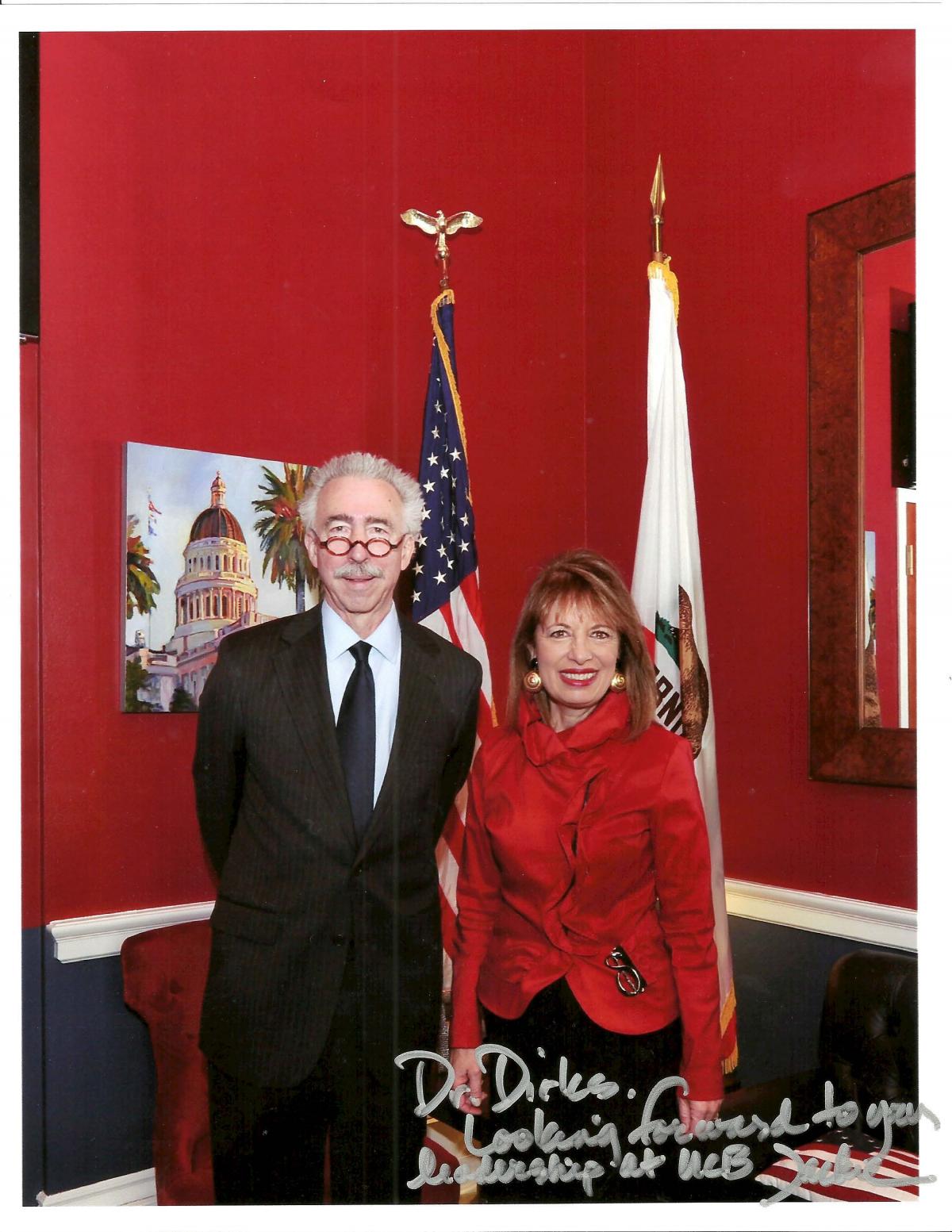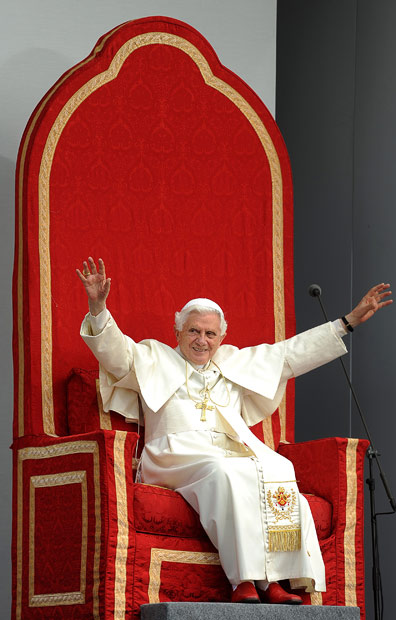39% Approval: How Travel Delays Affected Trump's First 100 Days In Office

Table of Contents
The Impact of Flight Cancellations and Schedule Disruptions
Lost Time and Reduced Productivity
President Trump's early presidency saw several instances of flight cancellations and significant schedule disruptions. These delays, while seemingly minor on their own, had a cumulative effect on the administration's efficiency.
- Example 1: A flight cancellation to [Location] resulted in the postponement of a crucial meeting with [Individual/Group], costing approximately 6 hours of productive time.
- Example 2: Unexpected delays during a trip to [Location] led to the rescheduling of several key policy discussions, impacting the administration's ability to meet critical deadlines.
- Example 3: A series of minor delays throughout the first month accumulated, leading to an estimated 20 hours of lost time in the first 30 days.
The ripple effect of these delays was substantial. Postponed meetings meant delayed decisions, impacting everything from policy implementation to crucial appointments. The lost time could have been used for strategic planning, addressing urgent matters, and engaging with key stakeholders. The impact of these "lost hours" on Trump's travel schedule severely impacted the White House's ability to manage the complexities of the presidential office and fulfill its responsibilities.
Negative Media Coverage and Public Perception
The media closely scrutinized President Trump's travel schedule, with several prominent news outlets highlighting instances of delays and cancellations. This negative press coverage painted a picture of an administration struggling with even the most basic logistical challenges.
- News outlets frequently reported on instances of delays, framing them as symbolic of wider organizational issues within the administration.
- The consistent portrayal of travel disruptions fueled a narrative of inefficiency and disorganization, further eroding public trust.
- Social media amplified the criticism, leading to widespread public discussion about the administration's ability to manage presidential travel and its wider implications.
This negative media portrayal, focusing on "Trump's travel schedule" and "presidential travel disruptions," likely contributed to the already low approval rating. The public perception of an inefficient and disorganized administration was undoubtedly detrimental to its early standing.
The Importance of Presidential Travel Efficiency
The President's Role in Domestic and Foreign Policy
Presidential travel is integral to the smooth functioning of the executive branch. The President's presence is crucial for managing both domestic and foreign affairs, and timely engagement is essential.
- Domestically, the President's travels allow for direct engagement with constituents, addressing critical issues and building consensus on important policy matters.
- Internationally, timely engagement through travel is crucial for maintaining alliances, negotiating treaties, and responding to global crises.
- Efficient "presidential travel" is key to effective leadership and maintaining diplomatic relations.
Delays directly hampered the administration's ability to promptly address pressing domestic and international issues, potentially impacting policy outcomes.
Comparisons to Previous Administrations
While all administrations experience some travel disruptions, the frequency and perceived impact of delays during Trump's first 100 days drew considerable attention. Comparing his travel schedule to previous administrations reveals potential differences in travel management and their consequences.
- While complete data comparisons require extensive research, anecdotal evidence suggests previous administrations exhibited greater efficiency in managing presidential travel.
- The public perception of "efficient presidential travel," especially in contrast to the perceived difficulties experienced by the Trump administration, might have further negatively impacted public opinion.
- Further research comparing "Obama's travel schedule" and other previous administrations could provide valuable insights into best practices for presidential travel management.
The Broader Context of the 39% Approval Rating
Other Contributing Factors
It's crucial to acknowledge that the 39% approval rating stemmed from numerous factors, not solely travel disruptions.
- Controversial policy decisions, such as the travel ban, contributed significantly to negative public perception.
- The appointments of certain cabinet members sparked intense debate and criticism.
- The existing political climate, marked by significant partisan division, further influenced public opinion.
Travel delays acted as a compounding factor, exacerbating existing negative narratives surrounding the administration's early performance. The cumulative effect of these issues resulted in the historically low approval rating.
Long-Term Implications
The low approval rating in the early days had significant long-term implications for the Trump administration.
- The initial negative perception impacted the administration's ability to implement its agenda effectively.
- The ongoing narrative of inefficiency, fueled in part by the travel delays, might have shaped the administration's overall legacy.
- Understanding the "long-term impact" of these early challenges is crucial for future presidential administrations to navigate the complexities of the first 100 days more effectively.
Conclusion
While numerous factors influenced Donald Trump's 39% approval rating in his first 100 days, the impact of travel delays shouldn't be overlooked. These disruptions potentially resulted in lost productivity, fueled negative media narratives, and contributed to a less-than-ideal start. Analyzing these delays highlights the critical importance of efficient presidential travel and its impact on policy effectiveness and public perception. Understanding how seemingly minor logistical issues can affect a presidency provides valuable insight. Further research into the effects of presidential travel on public opinion and policy success would be beneficial. Are you interested in learning more about the impact of presidential travel on the first 100 days?

Featured Posts
-
 Police Watchdogs Ofcom Complaint The Chris Kaba Panorama Investigation
Apr 30, 2025
Police Watchdogs Ofcom Complaint The Chris Kaba Panorama Investigation
Apr 30, 2025 -
 Paul Skenes Impressive Outing Wasted In Defeat
Apr 30, 2025
Paul Skenes Impressive Outing Wasted In Defeat
Apr 30, 2025 -
 Complicated Seating Plans The Case Of A Papal Funeral
Apr 30, 2025
Complicated Seating Plans The Case Of A Papal Funeral
Apr 30, 2025 -
 The Ripple Effect How Federal Funding Cuts Impact Trump Supporting Communities
Apr 30, 2025
The Ripple Effect How Federal Funding Cuts Impact Trump Supporting Communities
Apr 30, 2025 -
 Vorombe Krupneyshie Ptitsy V Istorii Evolyutsiya I Vymiranie
Apr 30, 2025
Vorombe Krupneyshie Ptitsy V Istorii Evolyutsiya I Vymiranie
Apr 30, 2025
